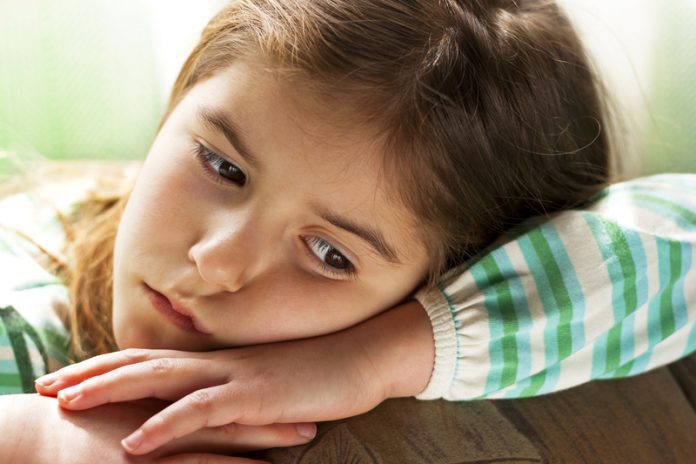Philip Adkins, National IAPT Clinical Lead at Vita Health Group, discusses the rise in loneliness among young people and provides advice to parents on how they can support a child who feels lonely during this time
It is our consciousness that tells us the elderly are the demographic who most experience loneliness. However, the Harvard Graduate School of Education (HGSE) has recently shone a light on the reality of the alarming levels of loneliness among young people.
The findings from Making Caring Common, a project of the HGSE, can give us an understanding of the extent to which the pandemic is impacting the lives of young people. According to the US study, the levels of loneliness among young people in their late teens and early 20s were the highest in adults ages 18 to 65. 61% of those ages 18-25 reported experiencing serious loneliness in the last month, compared with 24% in adults ages 55 to 65.
Of course, the COVID-19 pandemic has displaced all our lives in different ways and although a concern, a general increase in loneliness across all age groups is to be expected. But the pandemic seems to be having a particularly crushing impact on young people and urgent action must be taken to protect the mental health of this demographic.
ChildLine reported an “unprecedented” rise in the number of calls in March 2020 from distressed young people struggling to deal with the pandemic, and there are mounting concerns that the COVID-19 crisis will further worsen the mental health of young people. It is believed by many health professionals that loneliness has contributed to the increase in mental health problems among young people since the pandemic began.
Even without a pandemic, the late teens and early 20s can be a disconcerting time. It is the period when one makes difficult and often stressful decisions; what to do after school or college, who we want to be, who we want to love. It is a time where many seek social support and input from friends and makes having a connection with others even more important.
How can parents help young people and children experiencing loneliness?
Living in lockdown removes the natural pathways of connection that children are used to, and indeed thrive on. It is important to know that it is natural for children and young people to feel lonely because of lockdown, but many may not recognise what it is they are feeling or may feel too embarrassed to talk about it. As a parent, it is important to familiarise yourself with the warning signs, so you can take the appropriate steps to help stave off their loneliness.
There is little parents can do to remove the barriers that exist for their children when it comes to participating fully in a social life and it is beneficial to accept that these barriers are currently immovable and out of your control. Instead, the key is to focus your energy on creating experiences that will provide your child(ren) – no matter what their age – with positive social connections, like video calls with family and friends. Investing time into developing a secure connection with your child with one-to-one activities where you are fully present will also help their resilience and reduce their fears during these challenging times.
How is social media impacting loneliness in young people?
In February, the Office for National Statistics (ONS) published the results of a study which explored the online behaviour of children in England and Wales for the year to last March.
The results highlighted the significant risks of being online for children; one in six children spoke to someone they had never met in person and 5% subsequently met up with someone they had only spoken to online.
Although the research pre-dates the COVID-19 pandemic, researchers warned that the numbers for the year ending March 2021 are expected to be higher because children have spent much of the last year indoors.
The ONS commented it was likely that the COVID-19 pandemic “has had a substantial impact on the degree to which children are involved in these online activities, given the probable increase in the time children spend online”.
School closures, social distancing requirements and the short days of winter all limit a child’s ability to interact and there is no escaping that socialising is largely being maintained in the digital domain. Excessive online activity – outside the academic realm – can lead to increased levels of psychological stress in children and young people.
There is no question about it; the internet can be a useful tool for reducing loneliness, particularly when it is used as a route to enhancing existing relationships and forging new social connections. The danger is when children use social technologies to escape and withdraw from social interaction, which can contribute to feelings of loneliness and distress.
How to access free support
In March, Public Health England (PHE) launched a free ‘psychological first aid training’ course for anyone who works with or cares for children and young people aged up to 25. The training could help parents become better equipped to recognise children and young people who are anxious, feeling lonely or are in distress, and will equip them with the right methods of support the help those suffering feel safe and connected.
This is a useful, free, resource that, as I write this, over 47,000 people have taken the positive step of signing up to.











